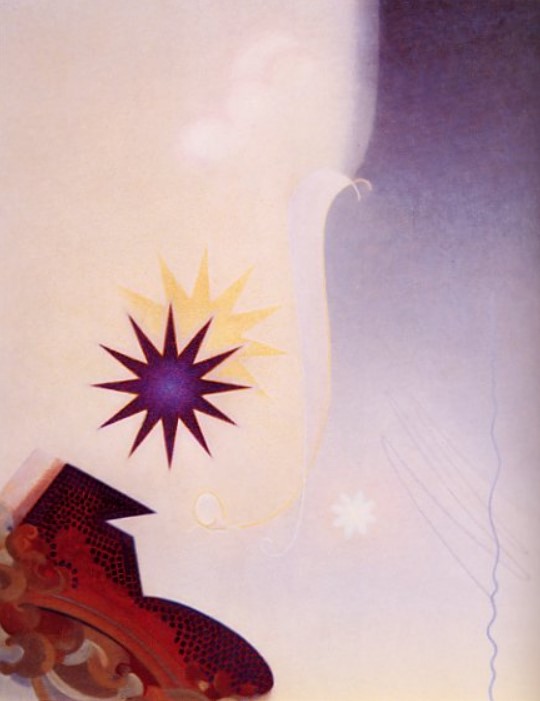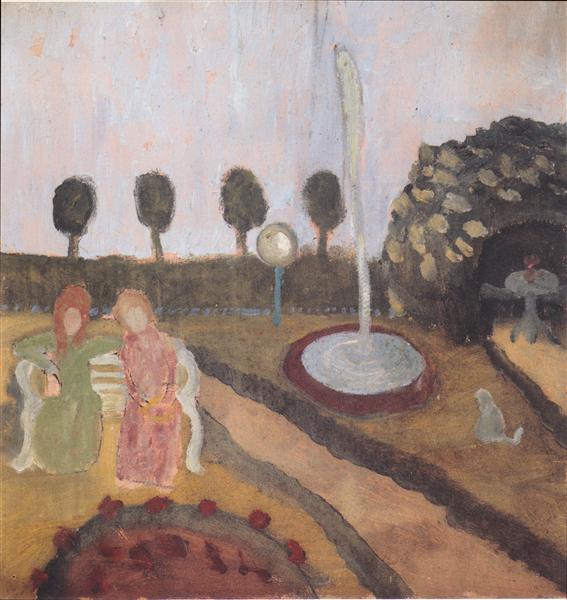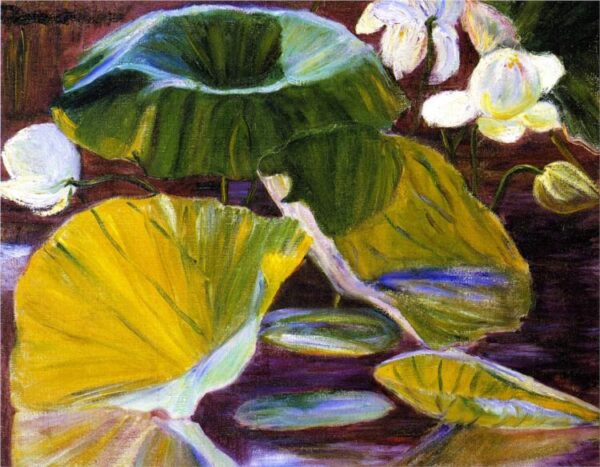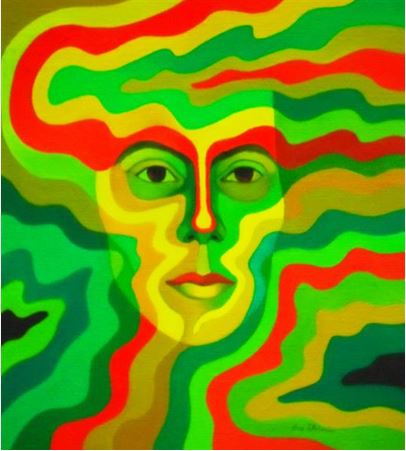P1: Every one of us has our “flower-ness” that makes us beautiful, that makes us fresh, that makes us pleasant, that makes us lovable. And we have a lot to offer to other people. If you have freshness, beauty, you can offer your freshness and beauty to the world like a flower.
Many of adults have lost their flowerness, their freshness. They have cried too much.They have suffered so much. That is why they should do something in order to restore their flowerness.
“Breathing in, I see myself as a flower.”
“Breathing out, I feel fresh.”
P2: When you love someone, you would like to offer him or her your solidity. But if you don’t have enough solidity, how can you offer it? Therefore we should cultivate more solidity in ourselves.
There is a mountain in me.
I can stay myself even with provocations, with threats. That is very crucial for my happiness.
When I have solidity, I can offer that to you. And you can rely on me. You can count on me because I have solidity.
“Breathing in, I see myself as a mountain.”
“Breathing out, I feel solid.”
P3: When you are calm, when you are still, you see things as they are. You don’t distort things. You can see things as they truly are. You are not a victim of wrong perceptions. Wrong perceptions bring about fear, anger, despair. Wrong perception is there because you are not calm. If you are calm, your perception would be correct.
Therefore I want to cultivate stillness, calm. Because I know stillness and calm is the foundation of my true happiness too.
“Breathing in, I see myself as still water.”
“Breathing out, I reflect things as they are.”
P4: When you arrange flowers, the art of ikebana, you know that each flower needs space around her to radiate her beauty. A human being is like that, also. She needs some space inside to be truly happy and some space around her. And that is why if you love her, you should know how to offer her enough space, inside and around.
If you don’t have enough space for yourself, how can you offer space to the person you love? Therefore it’s very crucial that we know how to cultivate more space for us, because space is one of the basic conditions for happiness.
“Breathing in, I see myself as space.”
“Breathing out, I feel free.”
To have freedom and to offer freedom, you are a true lover. You don’t imprison yourself, you don’t imprison the person you love in your ideas, in your ways. You allow freedom in your heart, and you allow freedom in his/her heart.
Thich Nhat Hanh



